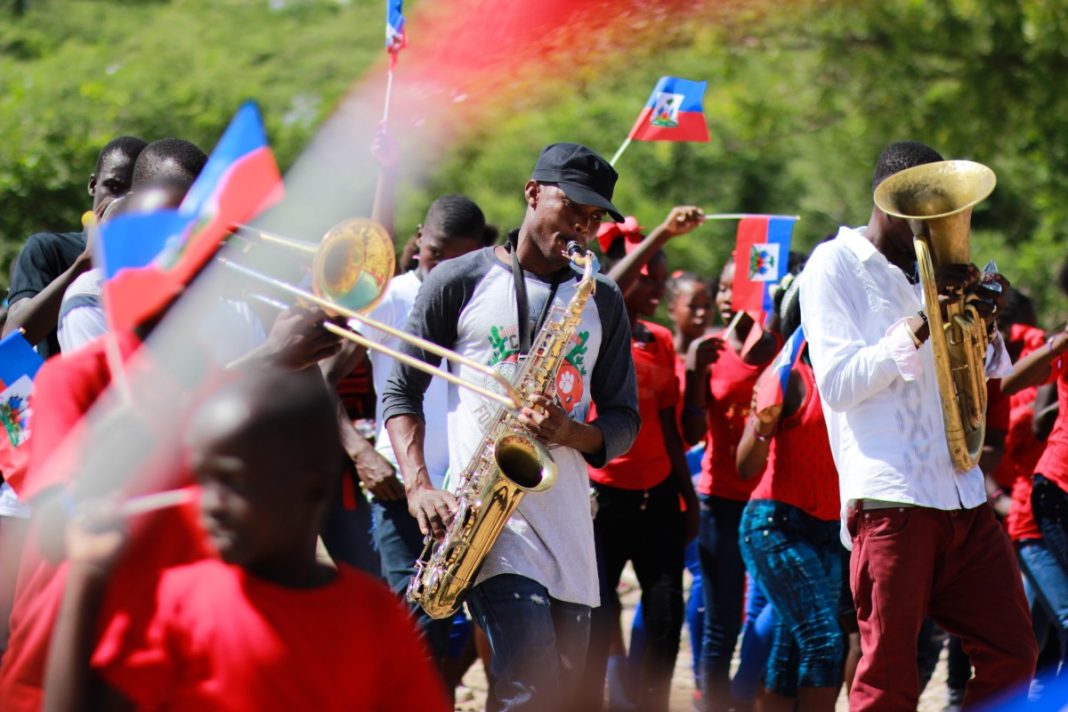Music beyond belief refers to irreligious music and songs, including humanist, atheist, and freethought songs. The pervasiveness of religion in Africa has made it difficult for many Africans to acknowledge, understand, or appreciate music and songs beyond the precinct of religion, faith, and belief in God.
Gospel music and songs are among the most popular in Nigeria. Many artistes jostle to outgospel one another. Many artistes are turning gospel musicians overnight. Even the so-called world musical lyrics feature invocations of God or supplications to the supreme being or some supernatural agents.
The tragedy is that many people think or have been made to believe that religion has a monopoly on artistic expressions. Incidentally, this is not the case.
Religion does not have a monopoly as popularly believed because there are musical forms and songs beyond belief. Several song tracks and lyrics speak to nonreligious, humanist, atheist, and freethought themes, principles, and values. These songs form a part of many cultures; they are found in many societies across the globe.
While irreligious songs are not mainstream, they exist and feature in the music industry. And the time has come for humanists, atheists, and freethinkers to pay closer attention to this category of music. Humanists need to reclaim their artistic legacy.
In some parts of the world, humanist, atheist, and freethought songs are emerging and becoming a distinct category of music. Some humanist organizations have choir groups that render nonreligious songs. The humanist organization in the UK has a choir. The group renders songs at its events and conferences.
One of the key features at the World Humanist Congress in Copenhagen this year was a rendition by a humanist choir from Norway. The choir sang one of Bob Dylan’s songs, Blowin’ In The Wind.
The popular freethought leader, Dan Barker, a former pastor, has inspired a secular music band in the US. His Nothing Fails like Prayer, and other songs are played at freethought meetings and conventions. The German song about freedom of thought, Die Gedanken sind frei, is played at atheist meetings and conventions.
So, music and songs beyond belief are growing globally. It has become necessary for humanists from Nigeria and, nay Africa to explore the potentials and possibilities of music beyond belief. This exploration is important because music and songs nourish the heart and mind. Music is an effective way of sending and spreading a message.
Music is an aspect of African culture. Africa has been described as the land of the drums. This is the time to get the world to know and hear the sounds from the continent’s musical drums beyond belief.







